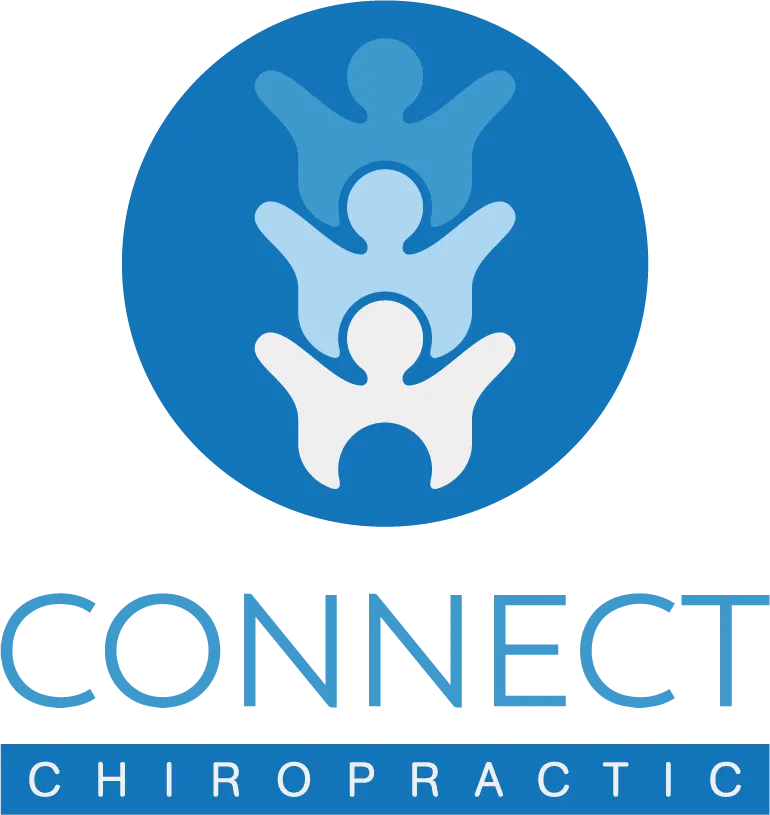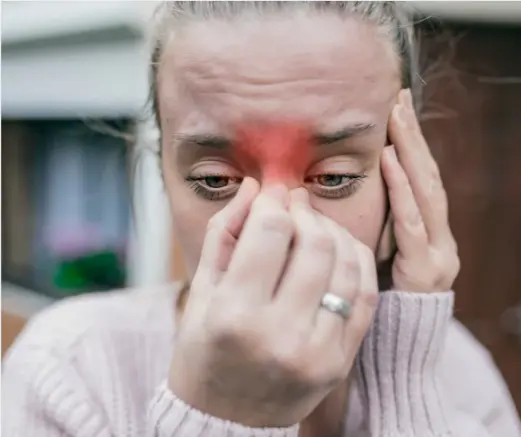
Understanding Repetitive Strain Injuries – and how a Chiropractor can help you heal
Do you experience ongoing pain in your wrist, hand, elbows, shoulders, back and neck? While Repetitive Strain Injuries (RSI’s) can occur in any movable part of our bodies, these common problem areas often flare up due to our work, hobbies or exercise. RSI’s are caused by repetitive movements (as the name suggests), which require rapid and/or continuous stress loading on muscles, tendons, ligaments and joints.
Symptoms of Repetitive Strain Injury
RSI is often experienced by athletes, tradies, office workers, computer users, gamers and people who knit or crochet a lot. It is difficult to know how many people are affected by RSI because symptoms are varied and may be experienced gradually before becoming more constant and intense. Symptoms of RSI may present as:
- aching pain
- swelling
- inflammation
- weakness
- numbness
- tingling
Common RSIs
Several conditions are classed as repetitive strain injuries. Some of the most well-known are:
- Carpal Tunnel Syndrome: tingling, weakness and pain in the hand(s) due to compression of the median nerve
- Tennis Elbow: (Lateral Epicondylitis) inflammation of the forearm extensor tendons located on the outside region of the elbow
- Golfer’s Elbow: (Medial Epicondylitis) inflammation of the forearm flexor/pronator tendons located on the inner side of the elbow
- Rotator Cuff Injury: pain and associated movement issues affecting several shoulder muscles and/or tendons
- Bursitis: inflammation of the fluid-filled sacs surrounding bony prominences in the knees, hips, shoulders and elbows
- Thoracic Outlet Syndrome: compression of blood vessels and nerves between the clavicle, first rib and neck muscles, causing pain, tingling and weakness
- Low back, neck and thoracic injuries/pain: often a result of chronic postural issues
Treatment for Repetitive Strain Injury
Depending on the cause and location of the injury, and its impact on the patient’s life, there are a few different treatment options to be considered.
- Rest: Stopping or reducing activities that aggravate the condition is recommended for many RSI’s to allow the body tissue time to heal itself
- Ice: Cooling the affected area with ice is a common short-term remedy
- Physical therapy: Helps to strengthen and improve mobility in body tissues
- Brace: Using a brace or splint to prevent pressure will give the painful area time to heal
- Medication: Painkillers, such as paracetamol, and anti-inflammatory drugs, such as ibuprofen, can help with short-term pain management. Corticosteroid injections administered into the site of the repetitive strain injury may also provide short-term pain relief.
- Surgery: This is sometimes an option for repetitive strain injuries that don’t respond to non-surgical treatment or cause particular pain for the patient
How Chiropractic Care can help manage RSI’s
Chiropractic care is a natural, drug-free and non-invasive option for treating Repetitive Strain Injury and related conditions. Your Chiropractor will advise and treat you through a range of therapies to help improve function, relieve pain and prevent possible re-injury:
- Adjustments and mobilisations to affected joints, where needed
- Soft tissue therapy and taping for tight and sore muscles, tendons and ligaments
- Exercises and home / ergonomic advice for on-going care
Our chiropractors have a special interest in extremity adjusting (elbows, wrists, knees, ankles, and shoulders) and with added skills with soft tissue therapy and taping or bracing will provide natural treatment options that will allow you to heal well and get you back to your best.
If you’re struggling with pain, discomfort or other issues related to a repetitive strain injury, book a consultation with Connect Chiropractic on 03 9512 5882. We’re here to help!





